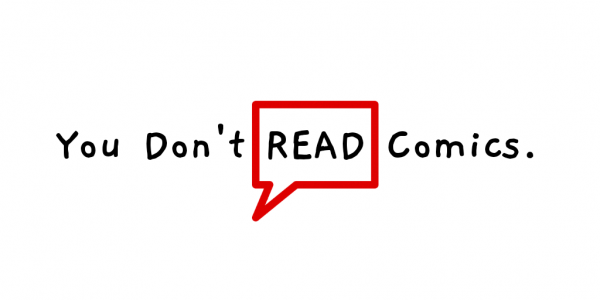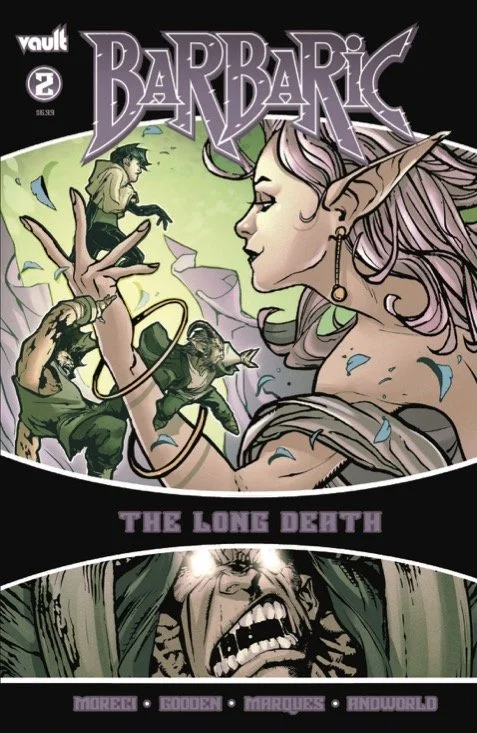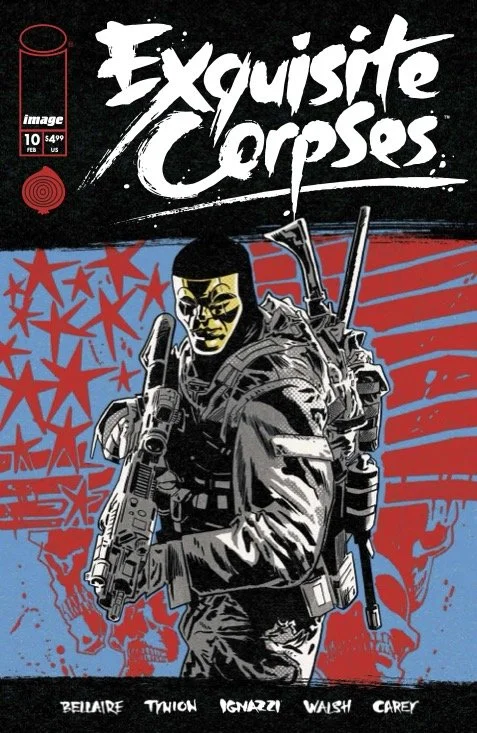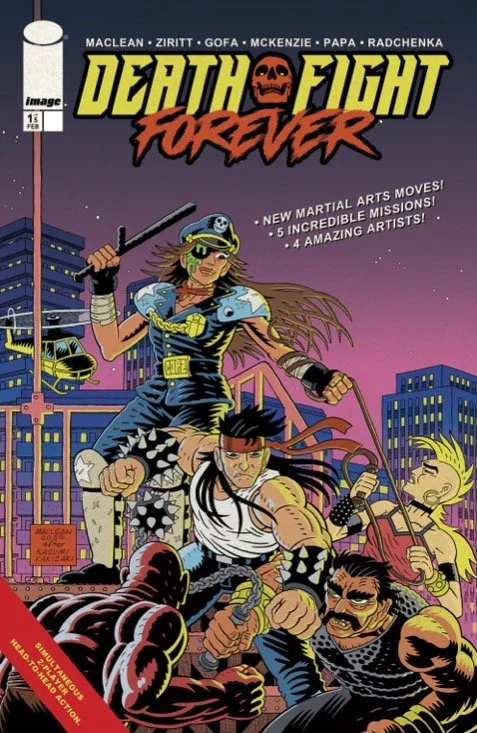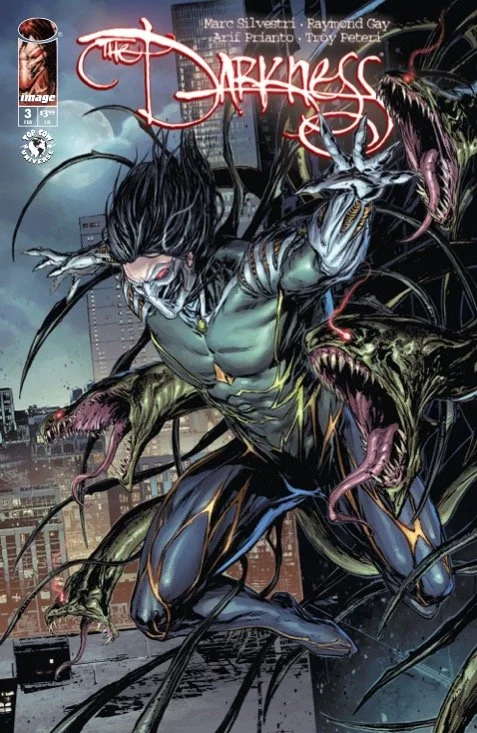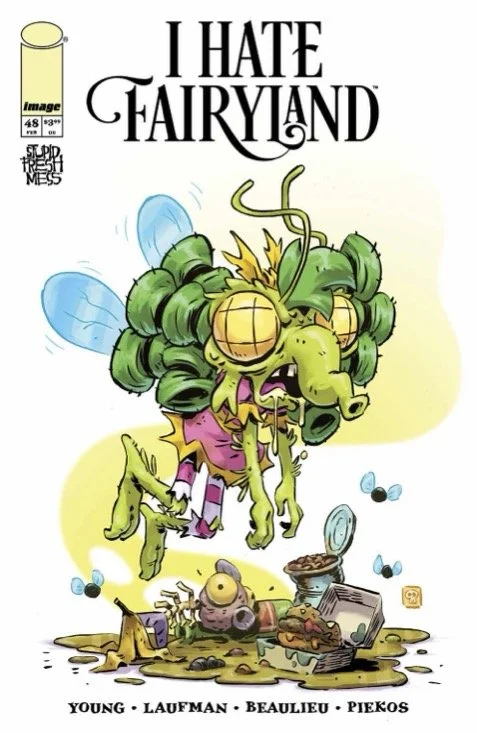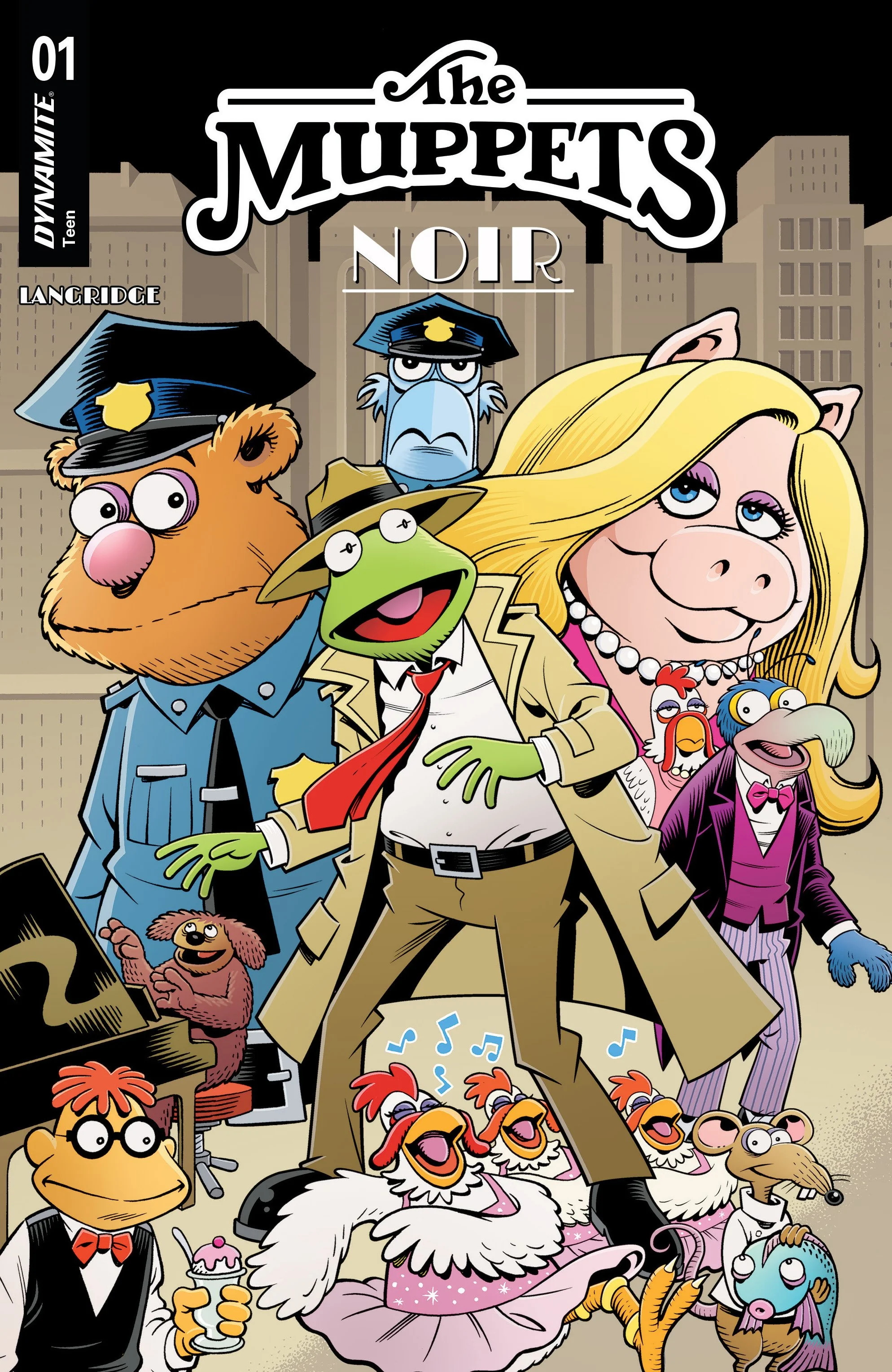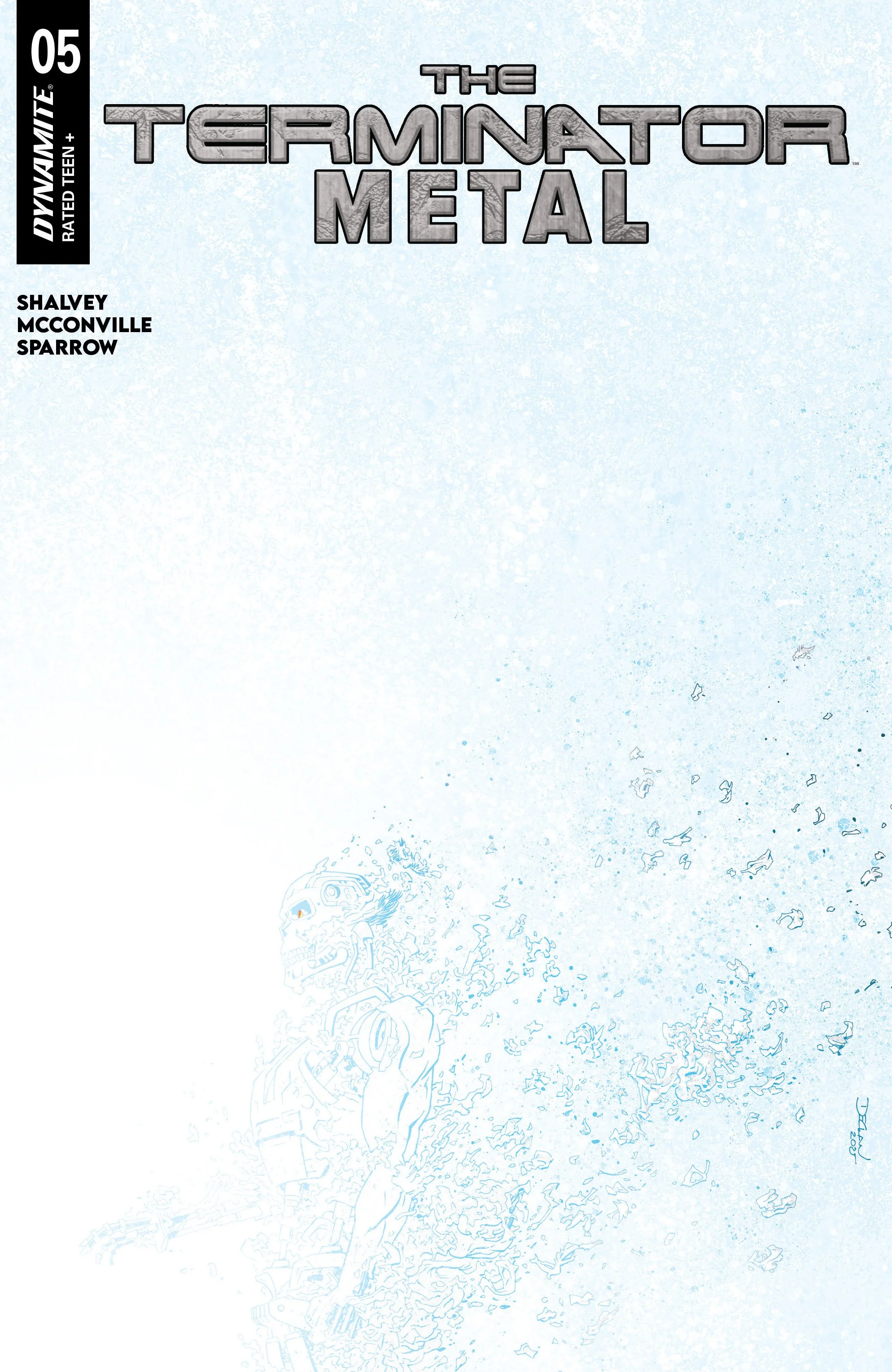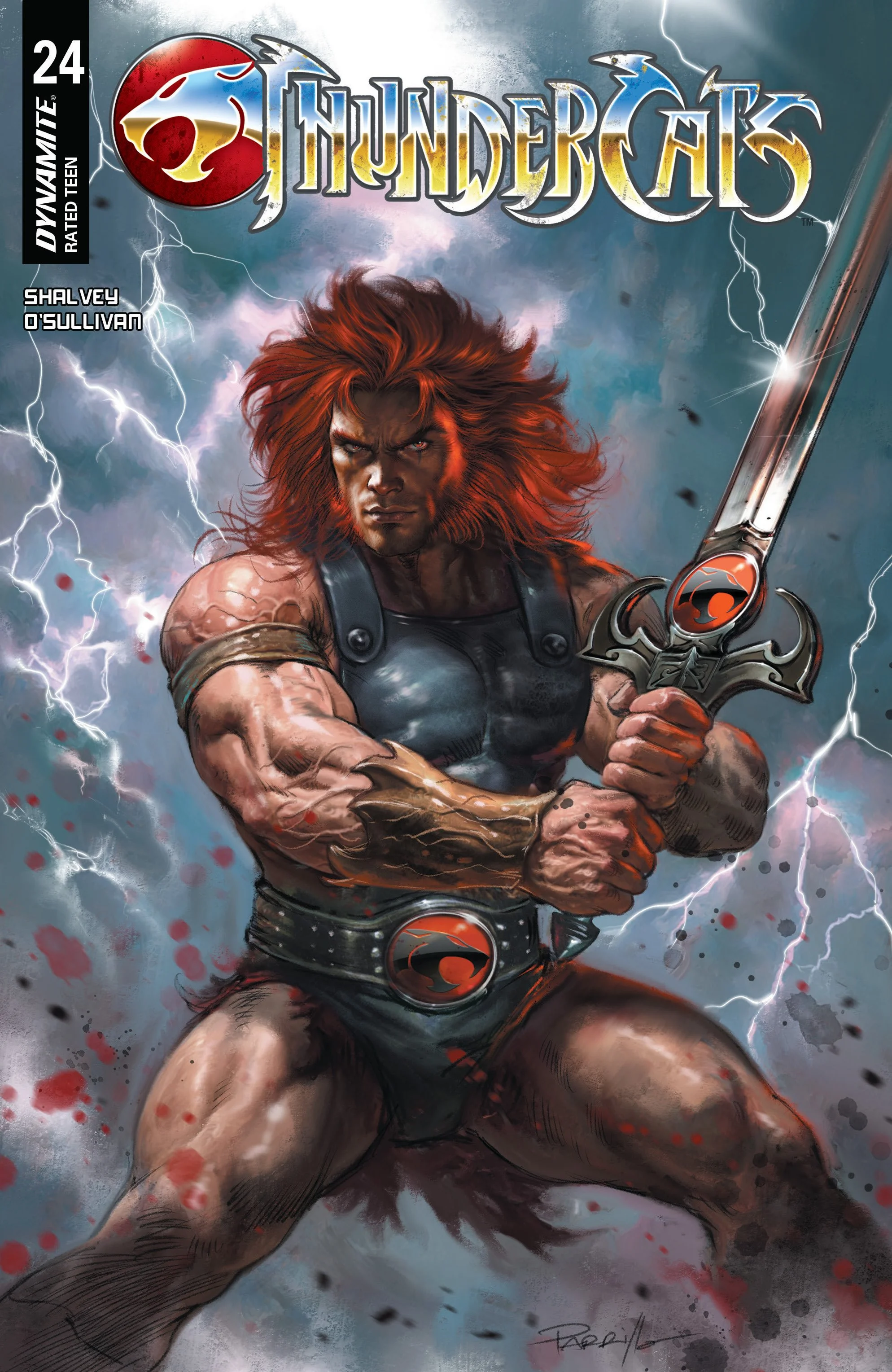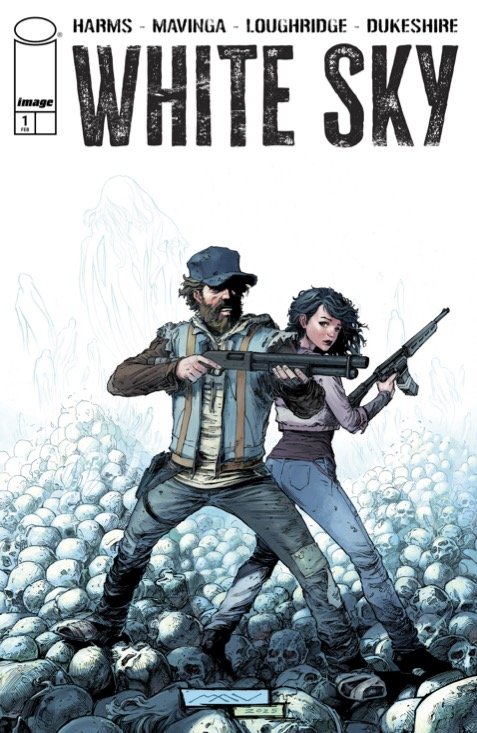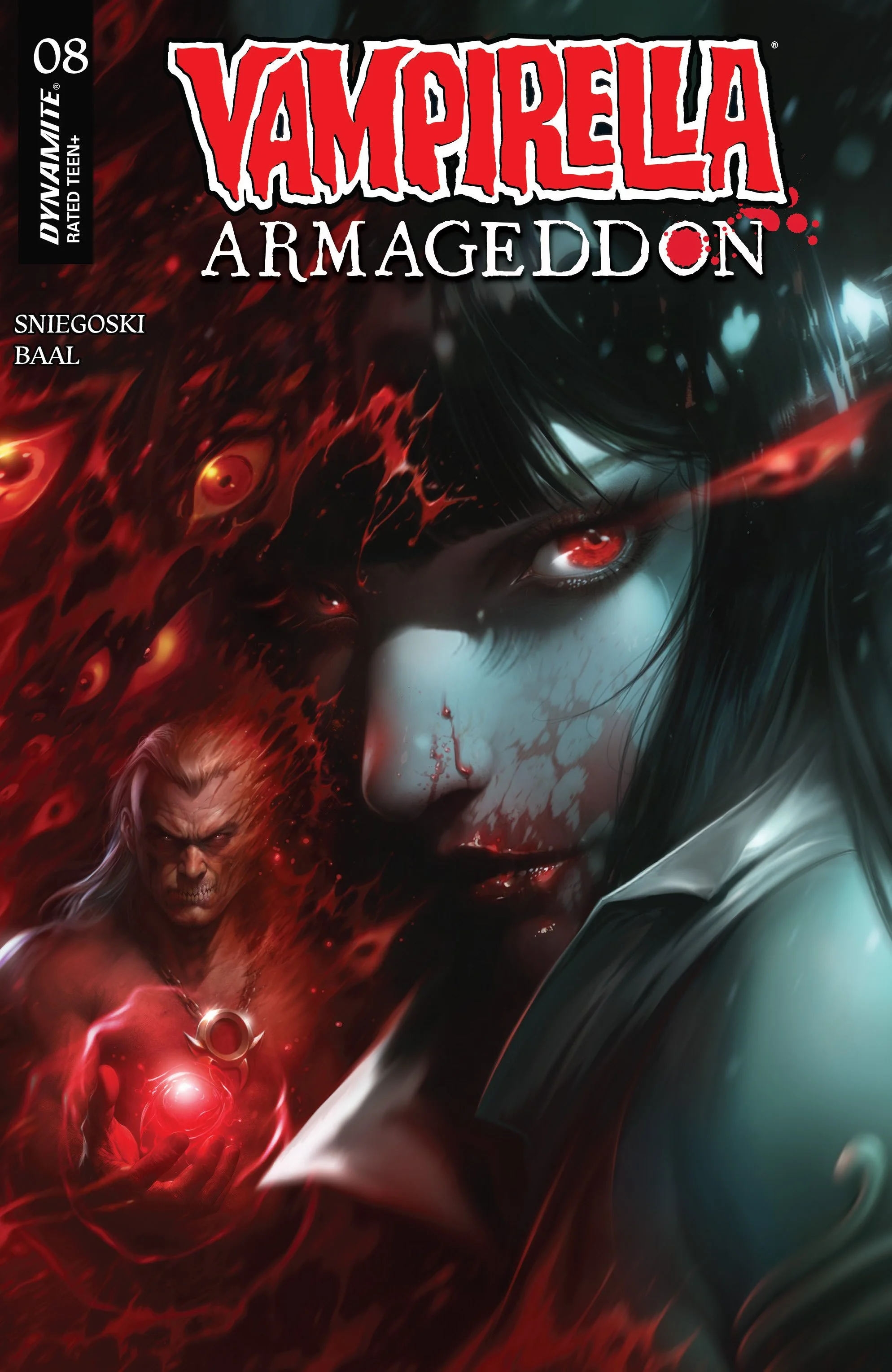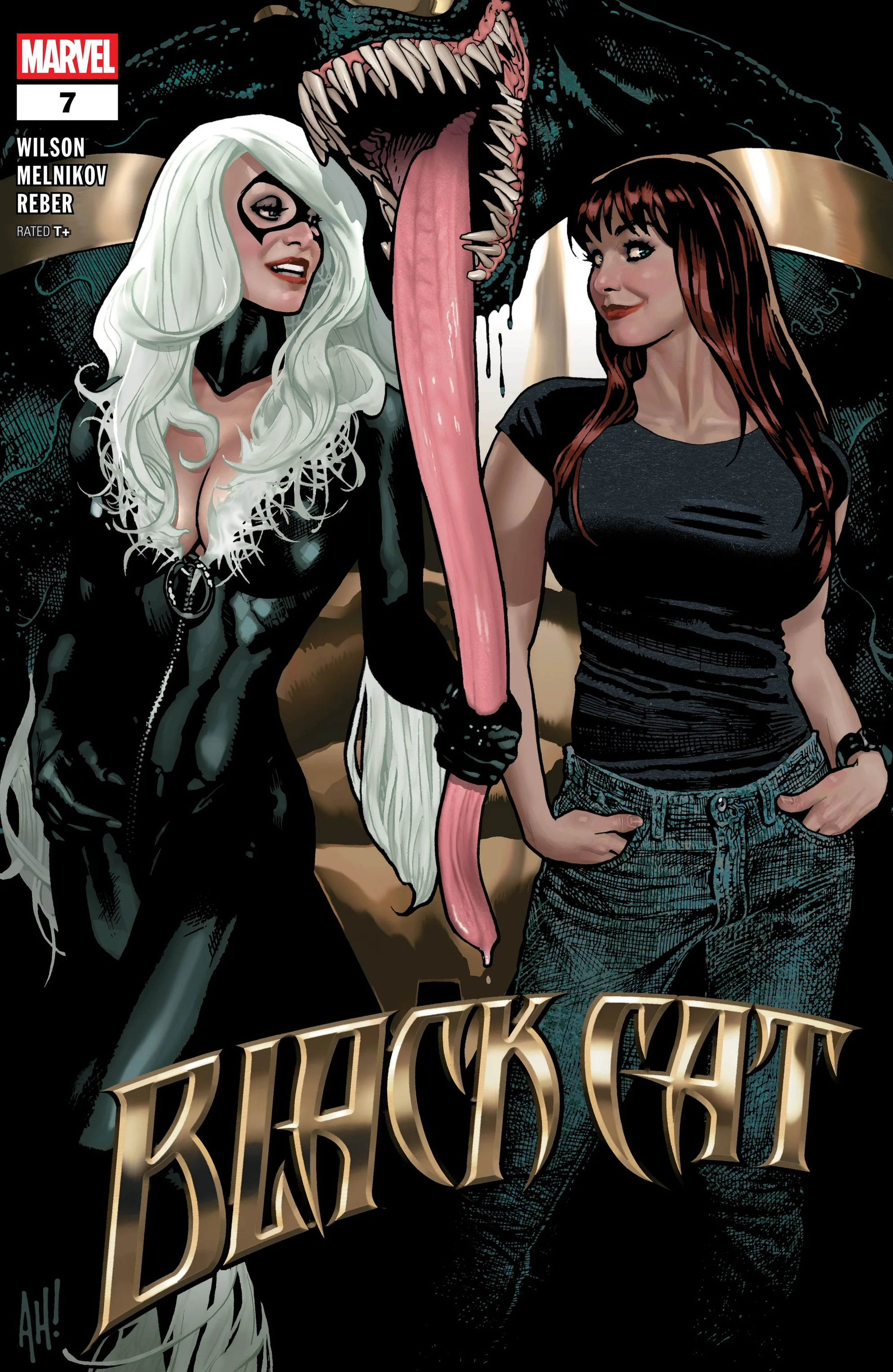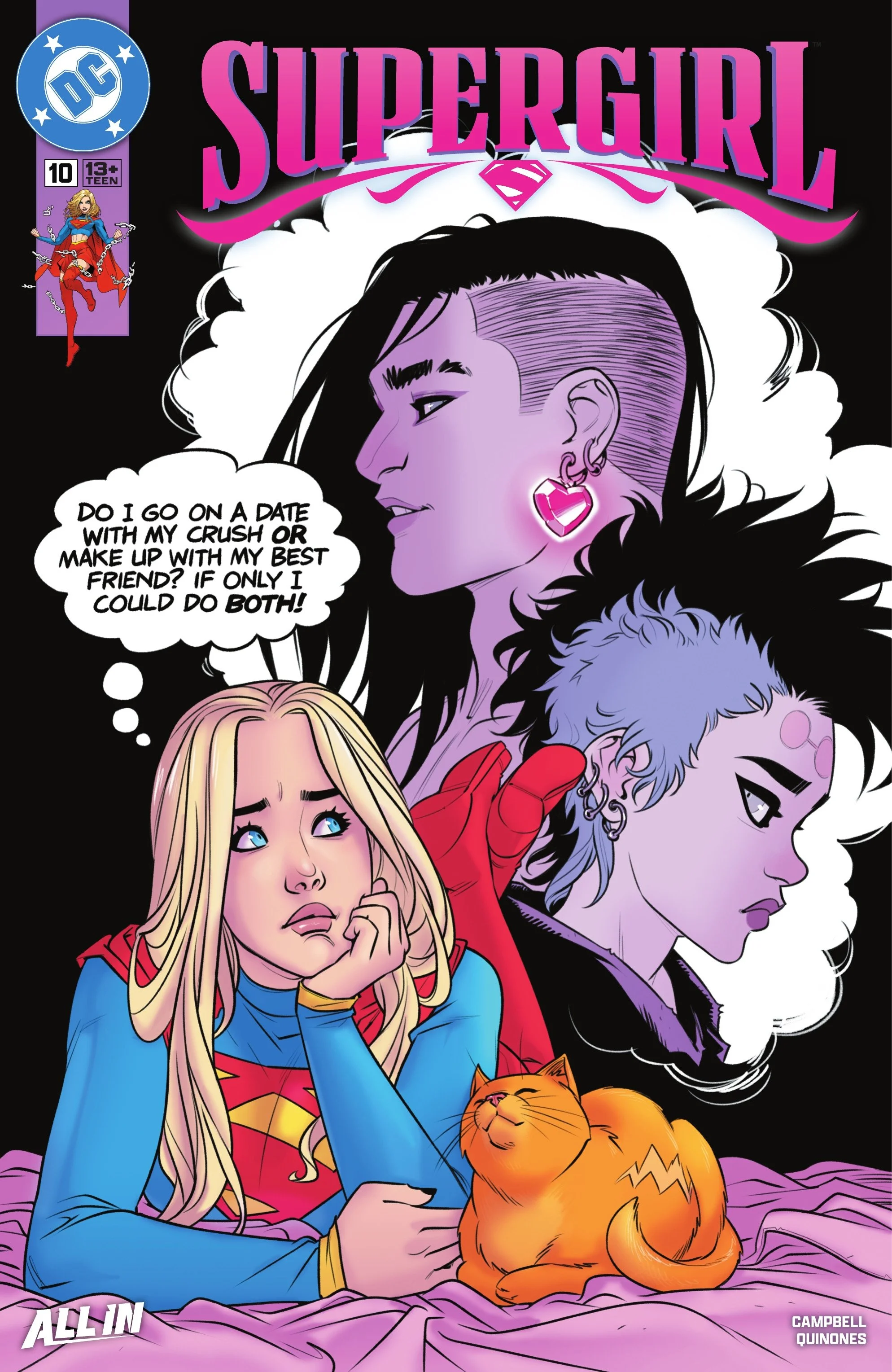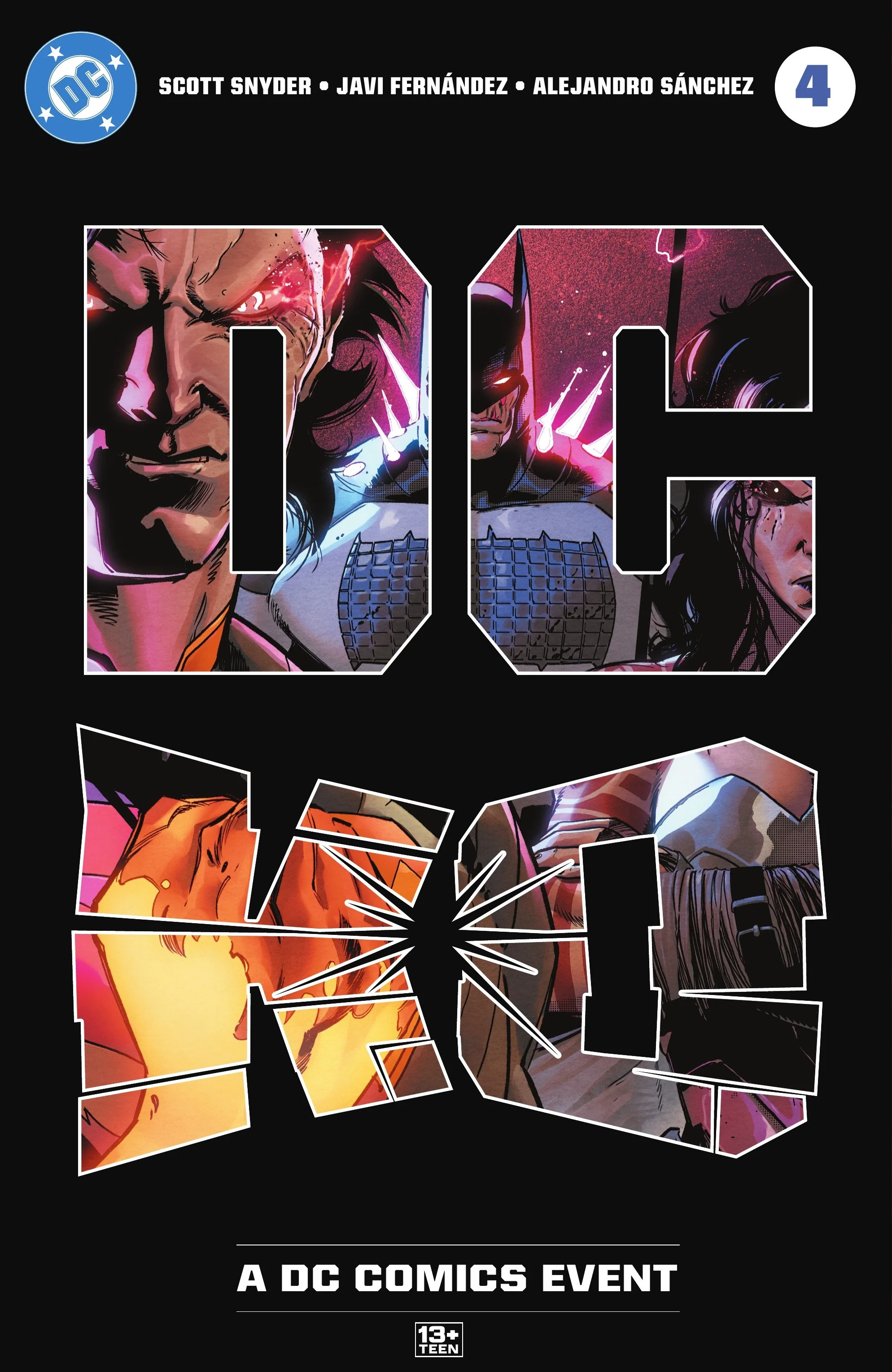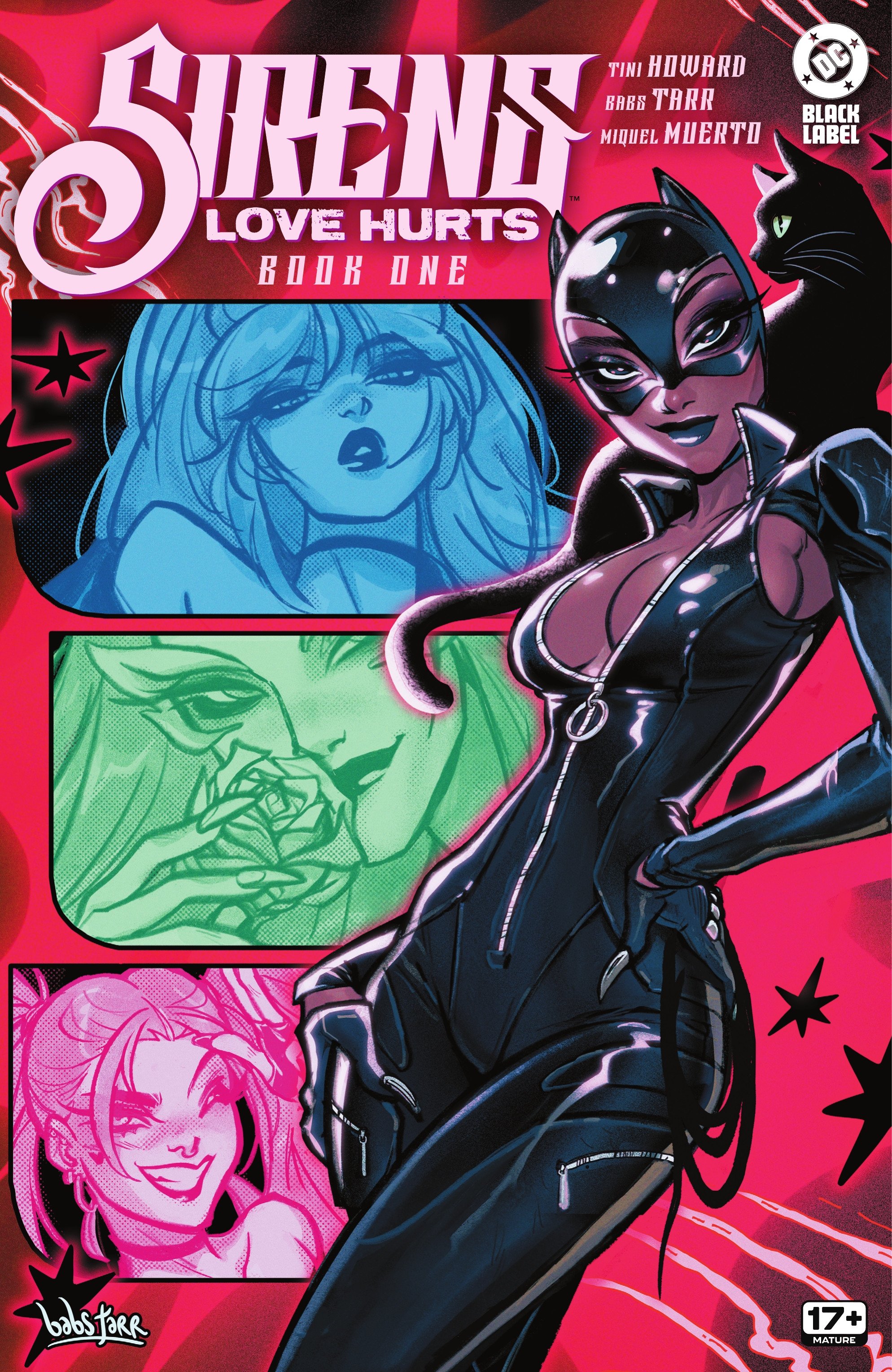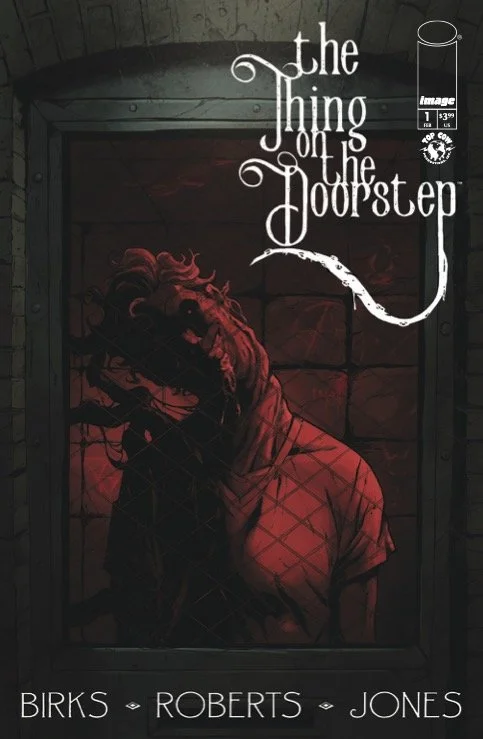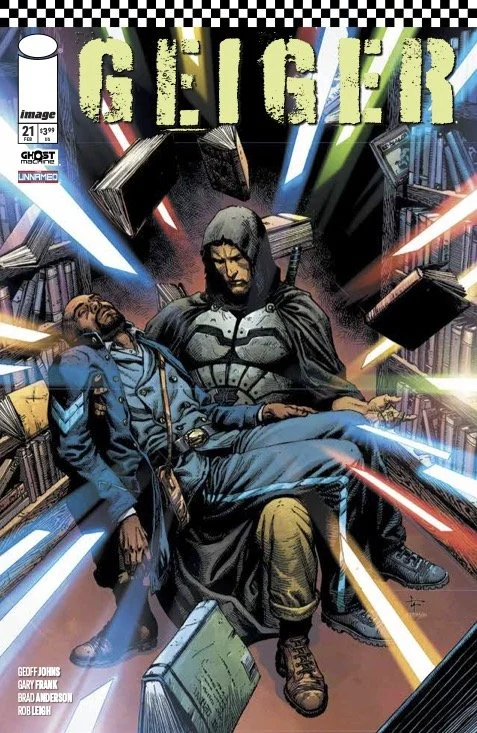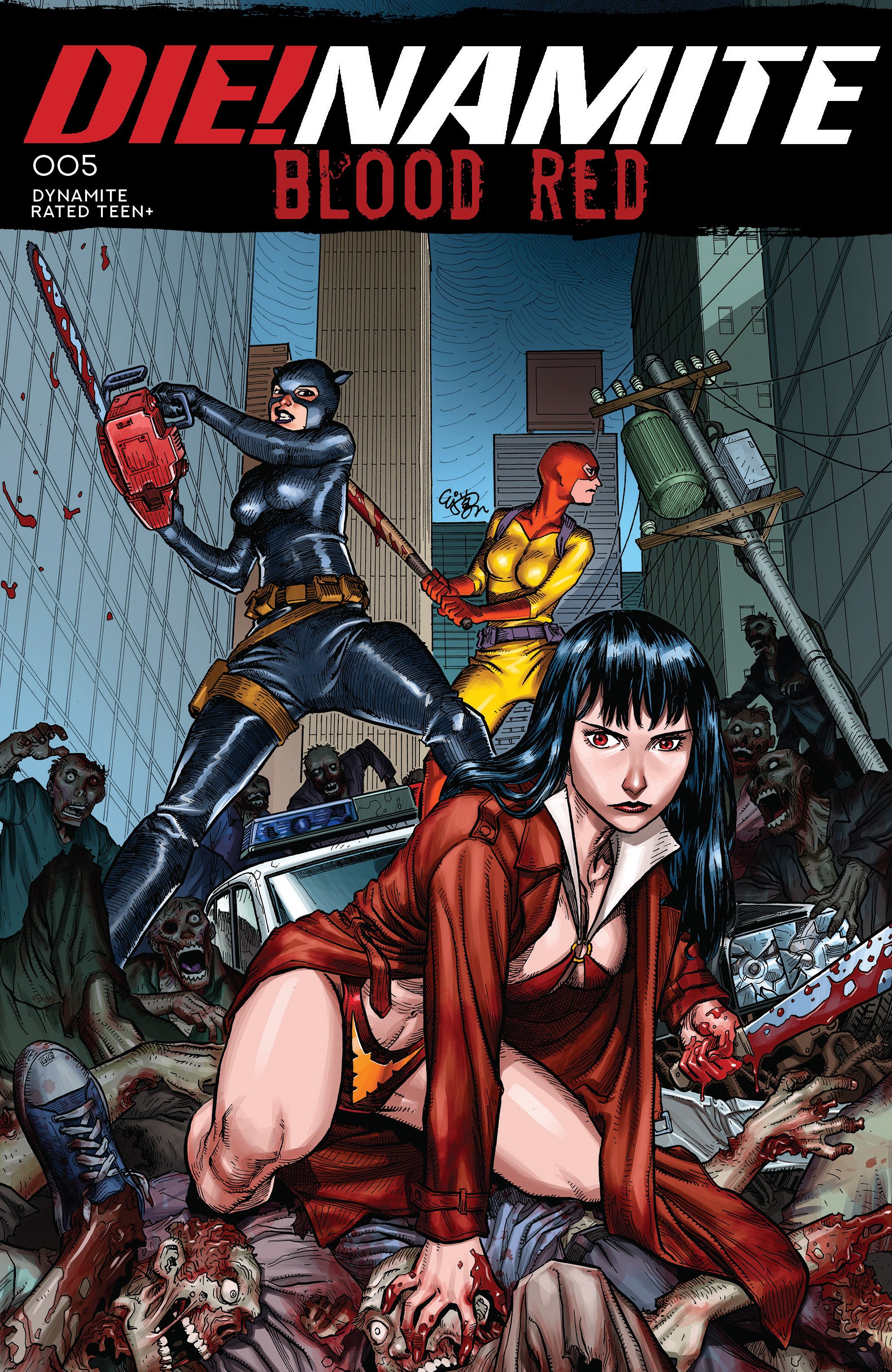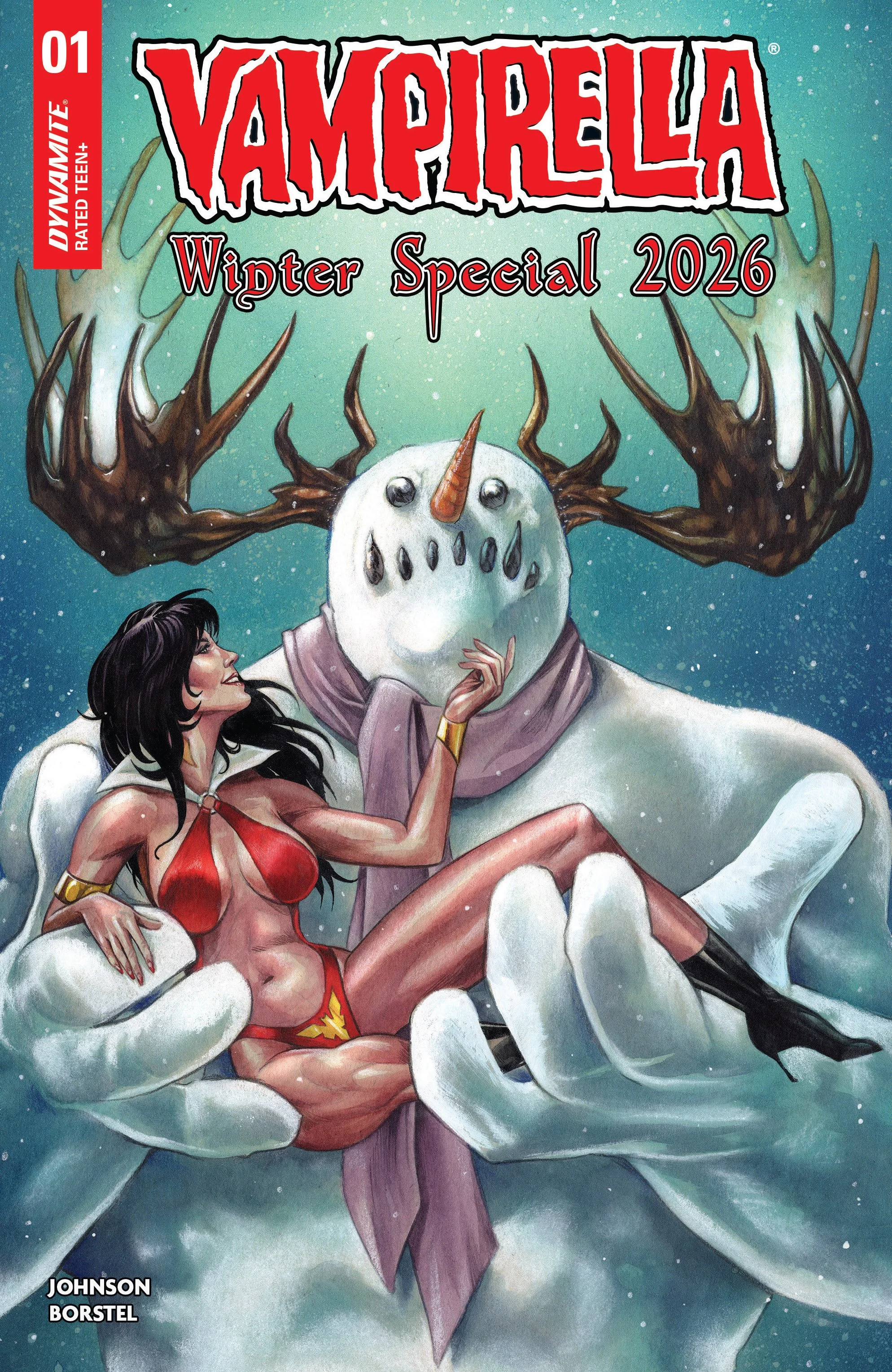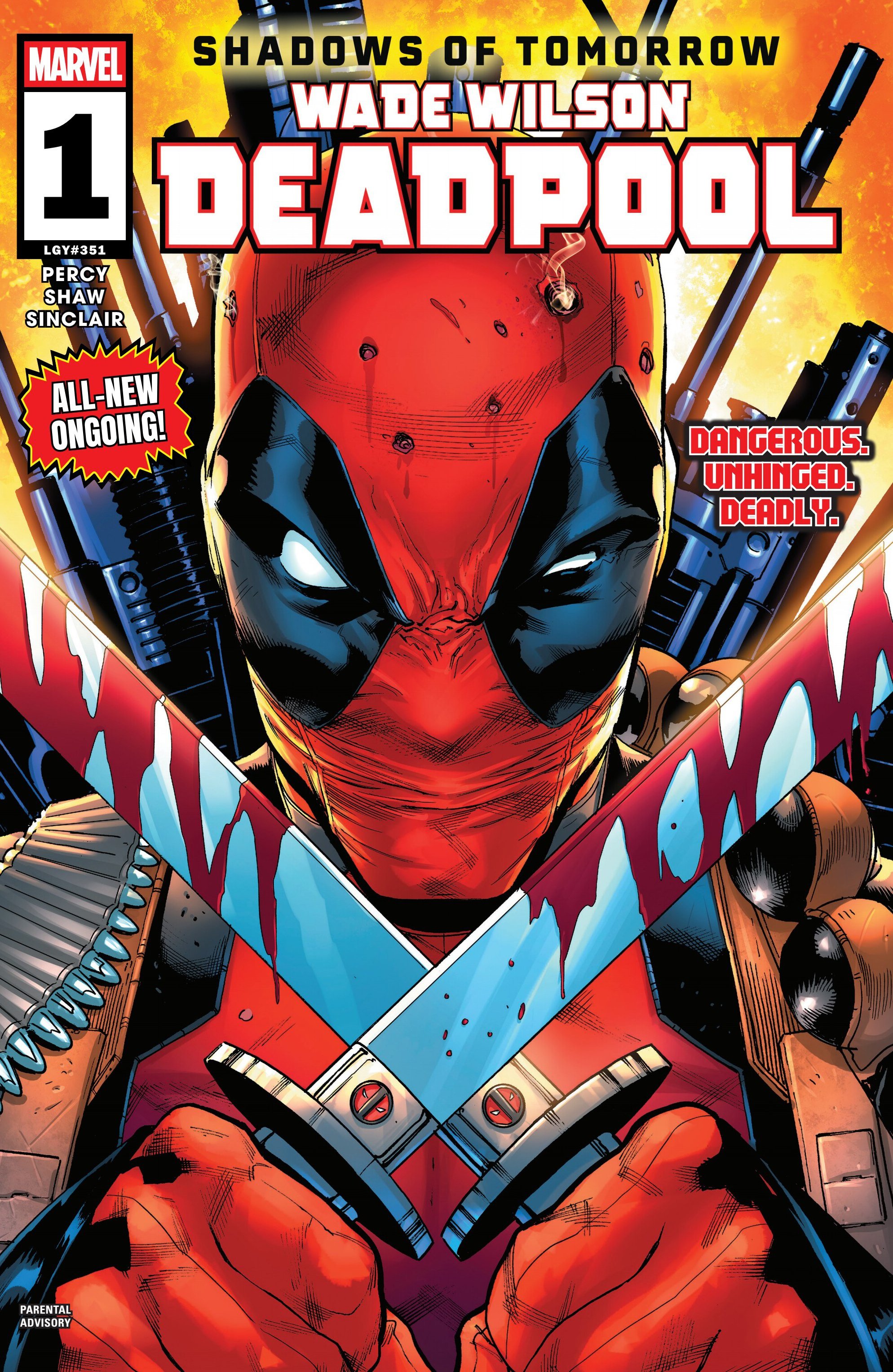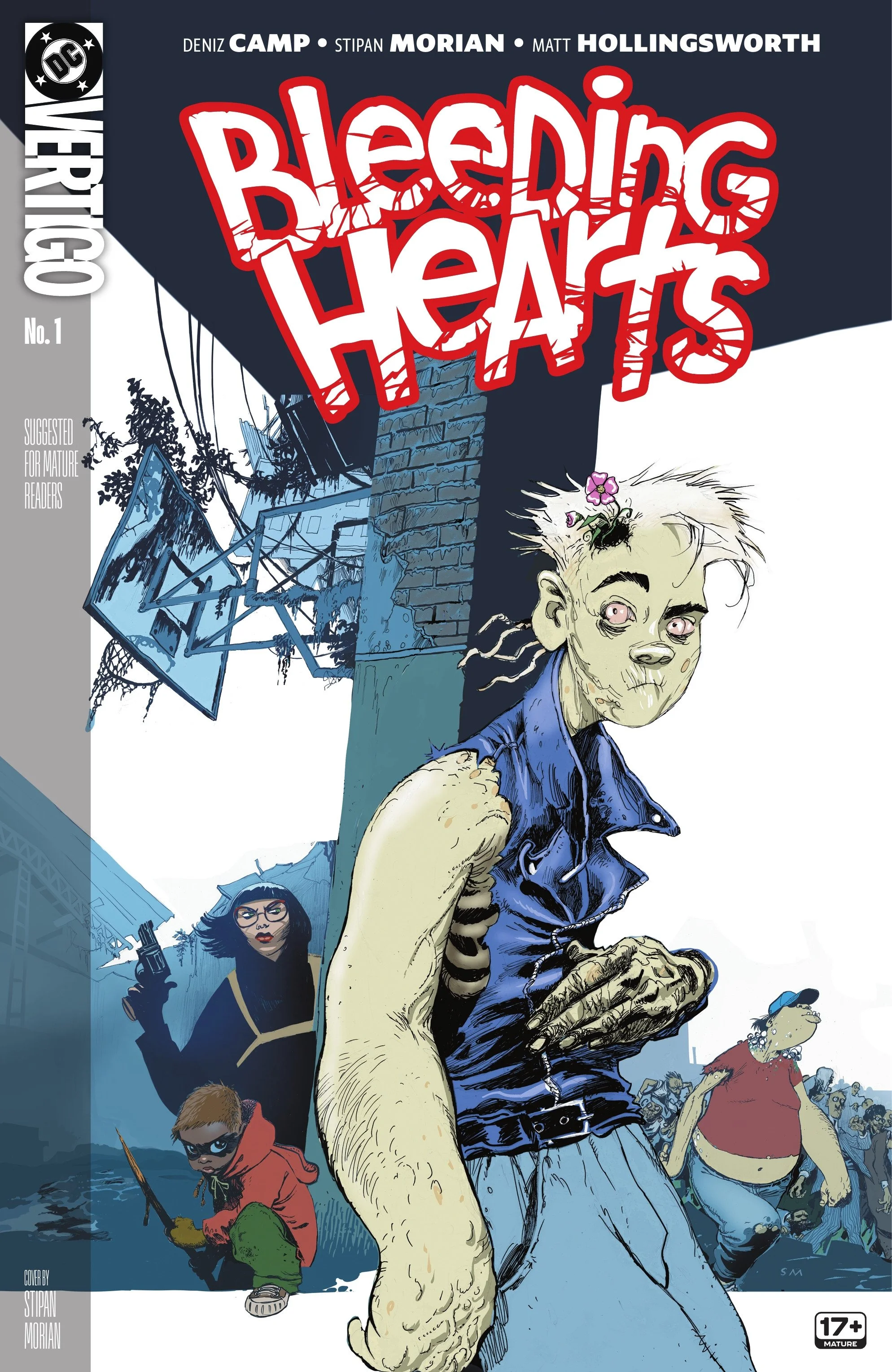The plot is appealingly irreverent.
Exquisite Corpses #10 // Review
Tynion and Bellaire keep the plot, moving in a couple of really tightly written scenes.
Death Fight Forever #1 // Review
There isn’t a whole lot going on here, but that doesn’t mean that it isn’t fun.
The Darkness #3 // Review
Silvestri puts together a few scenes that are solidly entertaining.
I Hate Fairyland #48 // Review
Young’s script for the issue in question actually feels remarkably reserved.
The Muppets Noir #1 // Review
A more or less perfect adaptation of the traditional Muppet script style.
Terminator--Metal #5 // Review
A premise like this should have overstayed its welcome after … the first couple of pages.
ThunderCats #24 // Review
It’s the type of thing that can be quite effective if used sparingly in the course of a long-running series.
White Sky #1 // Review
Harns firmly establishes a basic mood and tone for the series in the first issue.
Vampirella Armageddon #8 // Review
Sniegoski constructs a story that features some very clever and interesting supernatural, and theological aspects.
Black Cat #7 // Review
Wilson’s writing style glitters brilliant in a lightly comic adventure.
Supergirl #10 // Review
Campbell's script draws on a lot of different elements and themes that have been explored in supergirl comics for decades.
D.C. K.O. #4 // Review
Snyder’s concept has been very silly from the beginning.
Sirens: Love Hurts #1 // Review
Howard fits together with the different dynamics of each character in a way that makes them all very distinct.
The Thing on the Doorstep #1 // Review
Birks has done an admirable job.
Geiger #21 // Review
Johns delivers a very believable alternative history.
Die!Namite: Blood Red #5 // Review
Fred Van Lente deftly juggles all of the different characters.
Vampirella Winder Special 2026 #1 // Review
Johnson firmly establishes the sense of action.
Wade Wilson: Deadpool #1 // Review
It's kind of an interesting dynamic for a heroic series.
Bleeding Hearts #1 // Review
Poke comes across as a deeply relatable character.
